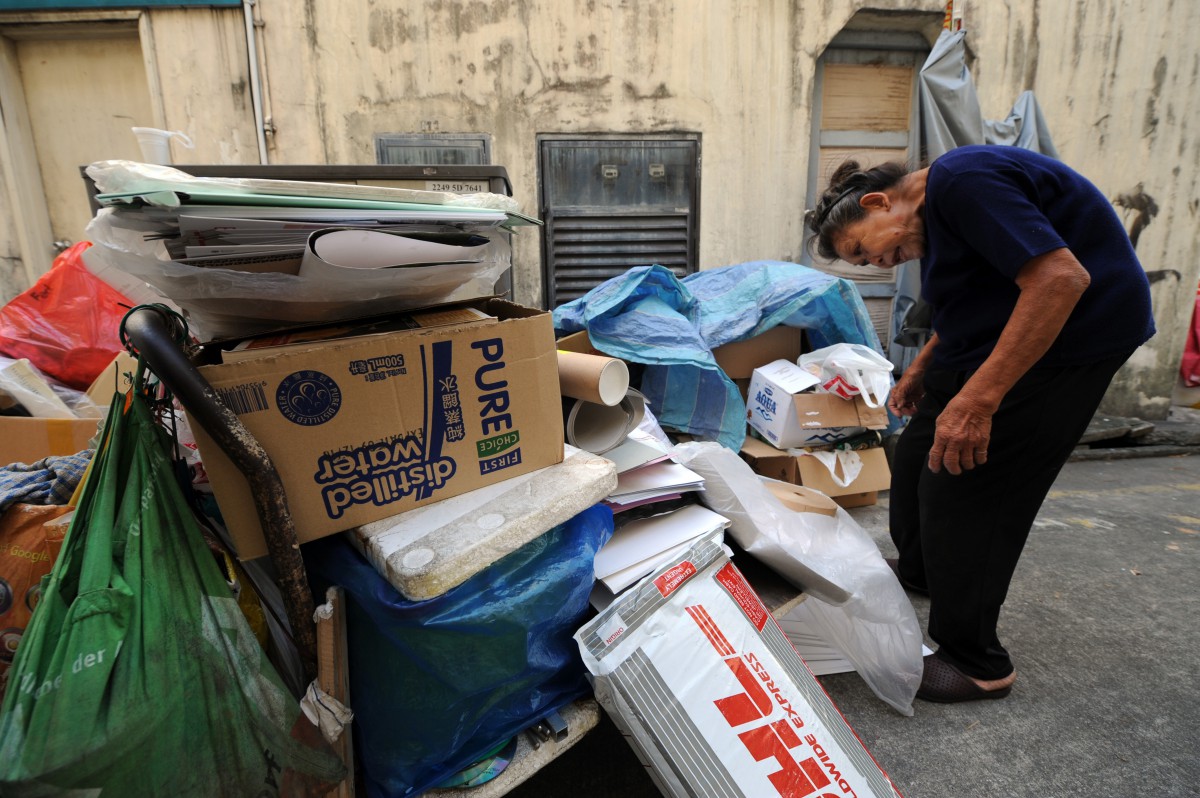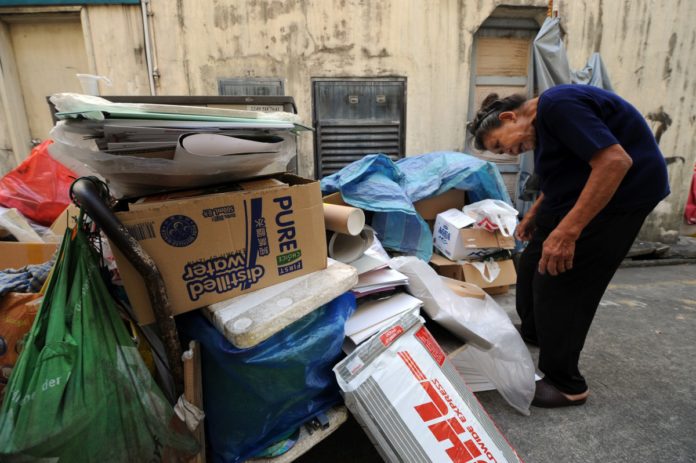SINGAPORE is in the bottom 10 worst countries in the world at tackling inequality and fairly taxing corporations. According to a new study, the developed city-state was beaten in the rankings by third-world countries like Bangladesh, Afghanistan, and Burundi – one of the world’s poorest nations
The report from Oxfam and Development Finance International details how Singapore’s ability to care for it’s most vulnerable has deteriorated over the last year due to a focus on harmful tax practices which Singapore espouses.
In fact, Singapore is the worst in the world when it comes to tax, due in part to its failure to appropriately tax the richest in the country. While the government has increased the personal income tax by two percent, the maximum bracket for the highest earners is still only 22 percent.
SEE ALSO: Singapore’s elderly suicides peak as population ages
It is also the country’s failure to tax major corporations that drastically limits funds available to close the inequality gap. At just 17 percent, Singapore fails to collect huge sums from many global companies that use the financial hub their Asian headquarters.
Tax loopholes and policies that explicitly benefit big corporations enable them to avoid paying billions of dollars of tax both at home and abroad, depriving not only Singaporeans but international governments of much-needed funds.
The study also examined social spending which contributed to Singapore’s low overall ranking.

Zheng Jie Wo, 76, cuts a diminutive figure hunched over bags of waste paper, used plastic bags and discarded boxes on the back lane of the financial district in Singapore on January 5, 2009. She collects recyclables to sell in order to make ends meet. Source: Roslan Rahman/AFP
Only 39 percent of the country’s budget goes towards education, health and social protection combined. This lags far behind Southeast Asian neighbour Thailand that spends half of their budget on these.
This looks set to get even less as Singapore implemented one of the biggest percentage cuts in education spending in the world from 2017 to 2018, at five percent.
The third strike against the fourth richest country in the world is in labour rights.
Singapore is lacking key policies to ensure the fair treatment of workers, including an equal pay act or non-discrimination laws for women.
It is also one of the few remaining countries that do not have a universal minimum wage, leaving workers vulnerable to exploitation.
SEE ALSO: Singapore’s sex problem and its declining birthrate
Singapore’s poor performance is in direct contrast to Indonesia, which has improved significantly as it strives to tackle inequality. While still only in 90th place out of 157, the country of 260 million people is pouring money into healthcare with the aim of providing universal health coverage.
Increasing the minimum wage and improving tax collection has also helped its standing.
Except for Laos – who was one spot behind – Singapore ranks the lowest of all Southeast Asian nations, in 150th place.
Best performing was Thailand at 74th, followed by Malaysia (75), Indonesia (90), Philippines (94), Vietnam (99), Cambodia (121), and Burma (138).





